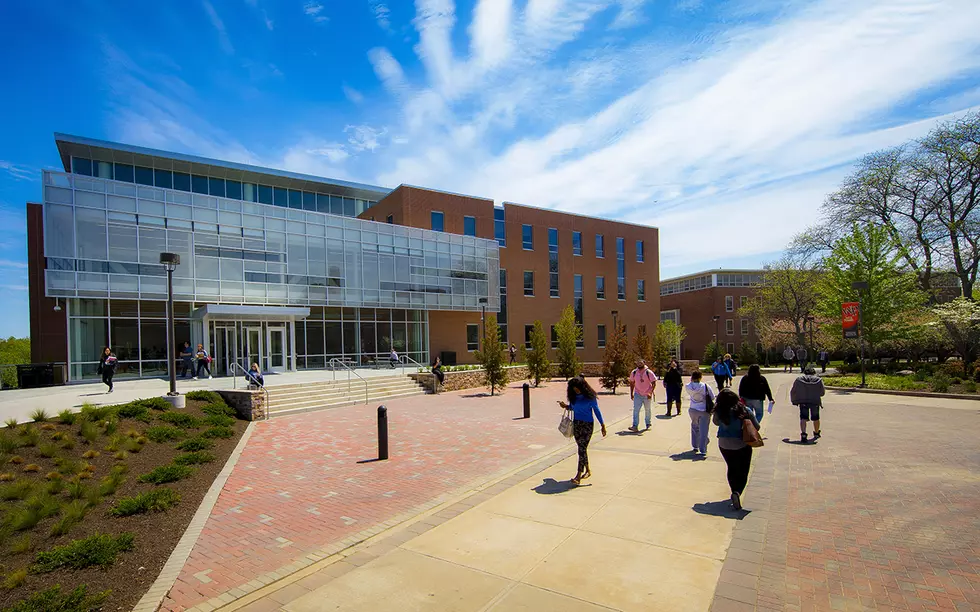
Skepticism of Murphy plan for another two years of free college
State lawmakers appear cool to Gov. Phil Murphy’s plan for a new state program providing some students two tuition-free years at public four-year colleges in New Jersey, building on an existing program that covers two years at community colleges.

For eligible students from families with adjusted gross incomes of $65,000 or less, the combination offers the prospect of earning two college degrees without paying tuition or fees.
“As the kind of chorus nationally grows for free college and investments in free college, New Jersey can actually be a trendsetter and serve as a model for the rest of the nation,” said state Higher Education Secretary Brian Bridges.
The budget includes $50 million for the proposed Garden State Guarantee program, including $45 million for program costs and $5 million for implementation planning. The first students in the program would be the class enrolling in the fall of 2022.
But at a Senate Budget and Appropriations Committee hearing Tuesday, senators from both parties expressed skepticism that the program can be sustained over time. Some suggested the state could just expand eligibility for existing Tuition Aid Grants and provide that program more funding, rather than create a new program.
The apprehension was reminiscent of what happened when the tuition-free Community College Opportunity Grant program was program was first proposed in 2018. Earlier this year, that was made permanent.
“It’s taken all of us a while to get on board with the CCOG,” said Sen. Paul Sarlo, D-Bergen. “All of us had concerns about that. Now we’ve all started to buy in and funded it and it’s like: Oh, we’re going to start a new program right away.”
“I see this as a program that seems quite ambitious,” said Sen. Mike Testa, R-Cumberland. “… How long can this project be funded? I share the fears with Chairman Sarlo that we start this program and it’s going to be phased out quickly. And that’s a real concern of mine.”
David Socolow, executive director of the New Jersey Higher Education Student Assistance Authority, said the proposed Garden State Guarantee would serve a larger population than TAG, which like federal Pell Grants begins phasing out when family incomes reach $30,000 to $50,000.
Socolow said about 30,000 New Jerseyans start each year at a four-year college in the state. Of those, 45% have family incomes under $65K, around 13,000 to 14,000 – but half of those is already going to college for free through financial aid programs, just without having the promise up front.
“In a free college promise program, the people who benefit is everyone who hears the message of free,” Socolow said. “Even if they’re already attending free after all other aid was first applied.”
Sen. Sam Thompson, R-Middlesex, said that rather than tie program eligibility to a student’s family’s adjusted gross income, it would be fairer to use the expected family contribution formula used to figure out eligibility for federal financial aid.
“Wouldn’t a family making $64,000 with one child be in a much better position to contribute financially to their child’s education than a family making $70,000 but they have three children in college?” said Thompson.

Bridges said the two approaches are nearly the same but that adjusted gross income is easier for people to understand. Plus, he said the Garden State Guarantee also includes a sliding scale in which colleges would discount tuitions up to perhaps $100,000 of income, expanding the program’s beneficiaries.
“And the more opportunities and more tools and mechanisms we have to help students be able to get to and through college expands that hope and expands the possibility that they’re going to go to college,” Bridges said.
SHOCKING: Jersey Shore's Most Heinous Animal Crimes
More From Beach Radio










